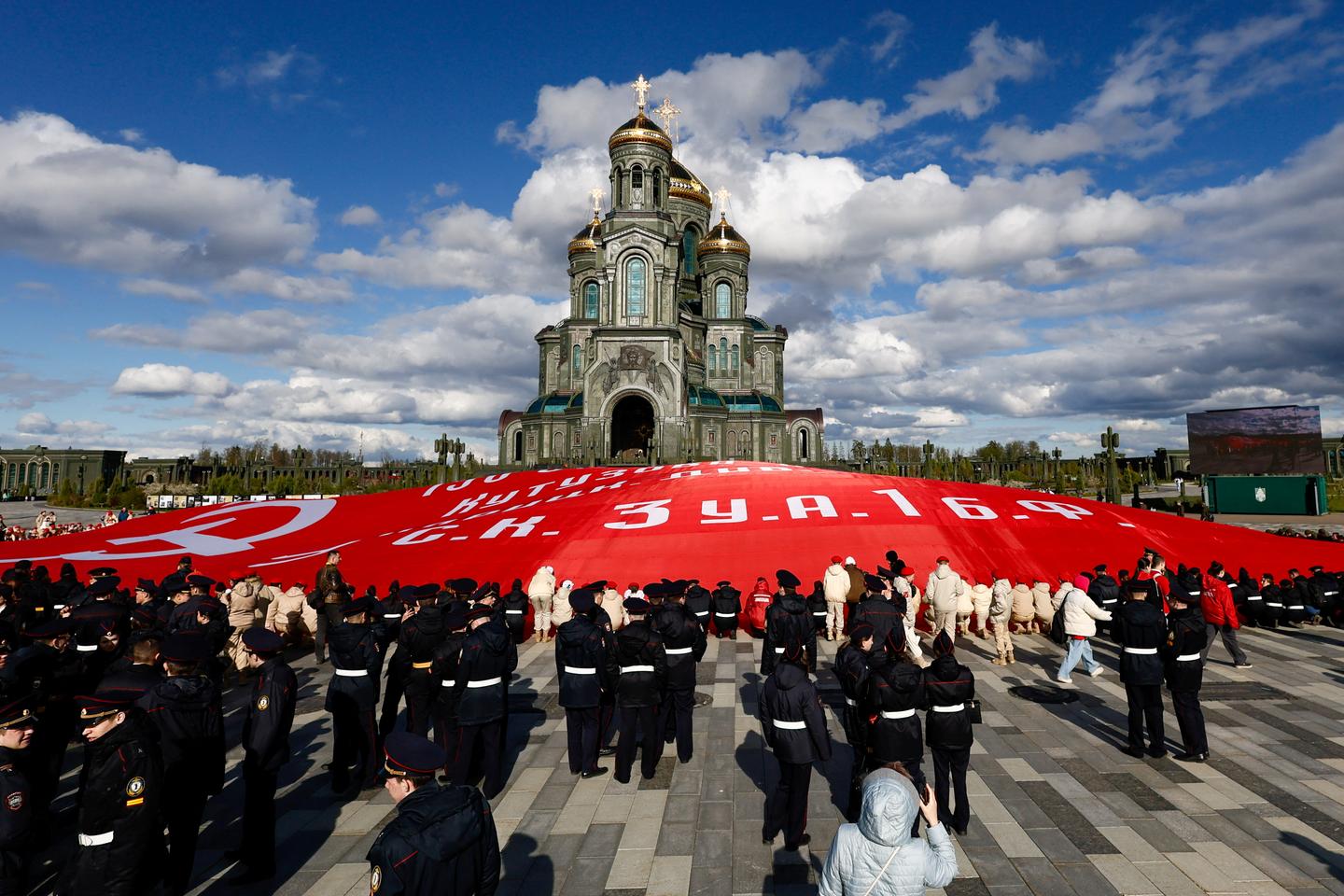


This year's commemorations have something of a requiem. Europe and Russia are celebrating the 80th anniversary of the end of World War II while marking the end of the international order that emerged from it. Two parts of a continent separated by a country at war, Ukraine, which the Russian aggression has sent back to its age-old destiny as a land of blood. Two Europes at the center of global chaos dominated by other giants.
To the west of the continent, increasingly marginalized democracies are attempting to organize resistance to the chaos. This week sees the revival of the vital French-German partnership, enriched by a third partner, Poland. The perfectly orchestrated timetable illustrates the desire to inject new momentum into Europe at a time when it faces the headwinds of Vladimir Putin and Donald Trump: A new German chancellor, Friedrich Merz, was elected on Tuesday, May 6. He visited his privileged partner, France, the very next day, and on the same day, another major neighbor, Poland, a rising country.
May 8 is the day of national ceremonies. On May 9, the anniversary of the Schuman Declaration, which founded the European project, President Emmanuel Macron and Polish Prime Minister Donald Tusk will meet in Nancy, eastern France, to sign one of those bilateral treaties that France reserves for its closest partners – Germany, Italy, Spain and now Poland. And, if all goes well, this small group will meet again in solidarity on May 10 in Kyiv, joined by Keir Starmer, prime minister of a kingdom that has never had such a fondness for the European Union since it left it.
The shadow of the 1945 ally
Democracy is messy, and its vicissitudes are sometimes embarrassing. On Tuesday, the long-awaited German chancellor missed his first vote and had to make two attempts to be endorsed by the Bundestag. Another shadow on the horizon, on Sunday, Romanian voters gave 40% of their votes in the first round of the presidential election to a far-right candidate. And Starmer's win has been tarnished by the local electoral performance of another far-right party, Reform UK, led by Nigel Farage.
You have 61.24% of this article left to read. The rest is for subscribers only.
